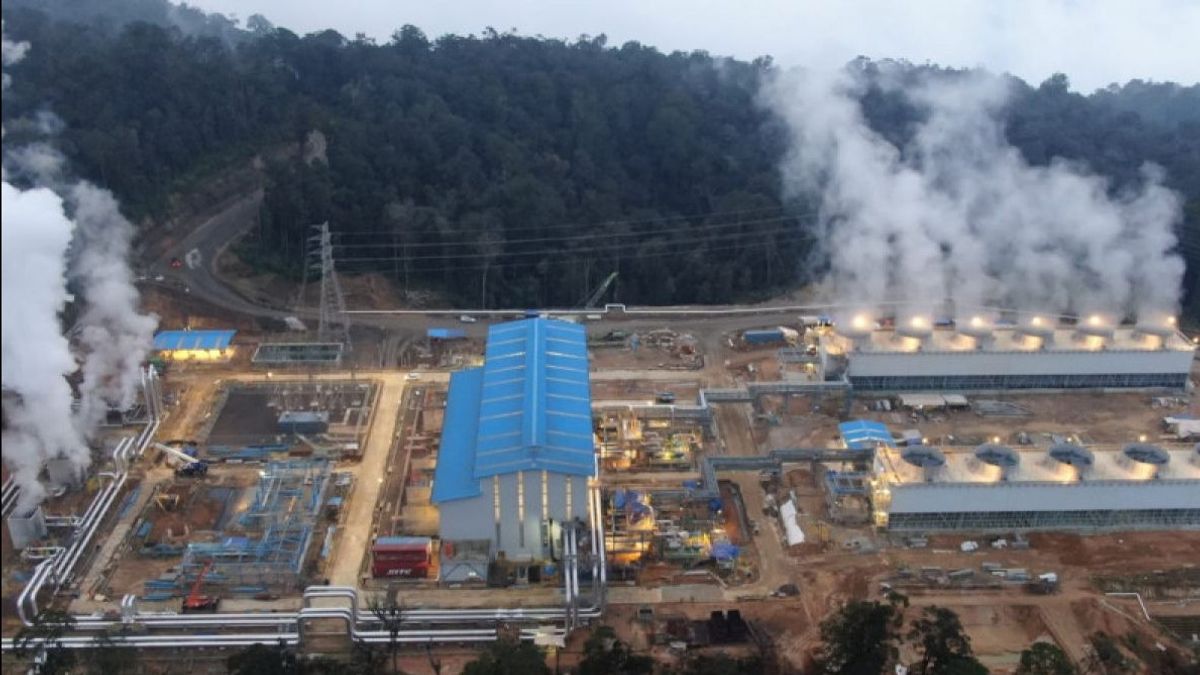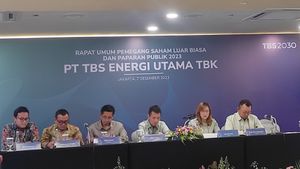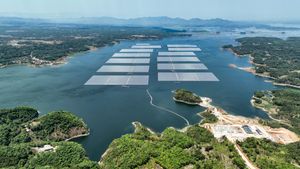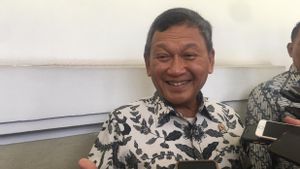PT PLN (Persero) explained the program and strategy for decarbonization of the Indonesian electricity sector at the COP28 event in Dubai, United Arab Emirates (UAE).
PLN President Director Darmawan Prasodjo explained that the current electricity sector emissions in Indonesia are around 260 million metric tons. If left unchecked, this number will increase to 1 billion metric tons by 2060.
In this case, PLN took aggressive steps by redesigning the national Electricity Procurement Business Plan (RUPTL) and removing the plan to add 13 Gigawatts (GW) of coal-based power plants. This step is able to prevent emissions of up to 1.8 billion metric tons of CO2.
"We understand that we need to create more space for renewable energy development. At that time we launched a net zero emissions target in 2060," said Darmawan, quoted on Friday, December 8.
He considered that the biggest challenge for the energy transition was not in developing renewable energy technology, but in funding for early retirement of coal plants. To overcome this challenge, PLN has collaborated with the Asian Development Bank (ADB) and designed a funding mechanism called Energy Transition Mechanism (ETM).
"The mechanism is very simple. With a mix of environmentally friendly financing, we can get low-cost funds. With this we can acquire old project developers and the cost is lower than we can speed up the return," he said.
SEE ALSO:
In addition, PLN is also developing an Accelerated Renewable Energy Development (ARED) to accelerate the development of renewable energy in Indonesia. The ARED scheme will aggressively increase PLN's generating capacity by 75 percent of renewable energy and 25 percent of gas.
ARED is also projected to be able to overcome the challenge of a mismatch between large-scale renewable energy resources and a demand center by building a green enabling transmission line.
Meanwhile, the challenges of new and renewable energy-based electricity intermittency will be overcome through the construction of Smart Grids and flexible generation to smart meters.
The English, Chinese, Japanese, Arabic, and French versions are automatically generated by the AI. So there may still be inaccuracies in translating, please always see Indonesian as our main language. (system supported by DigitalSiber.id)














